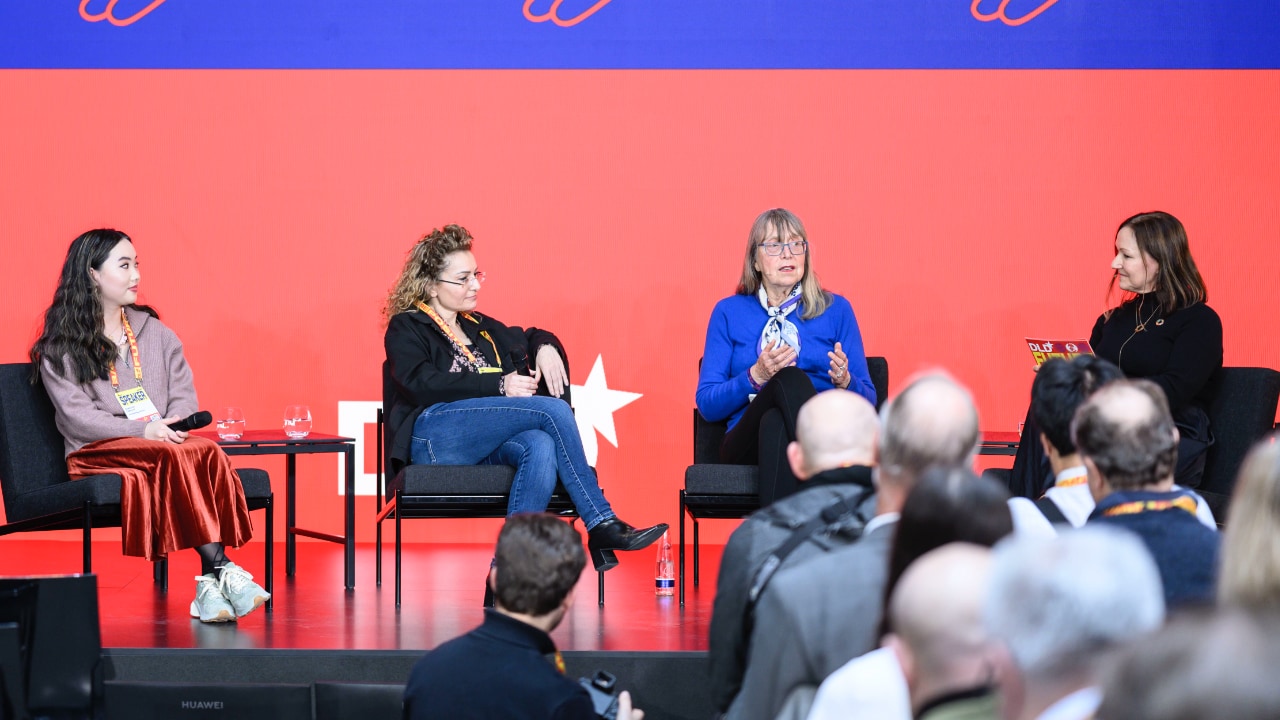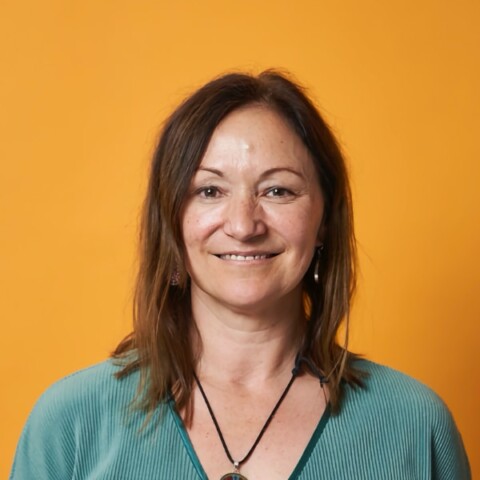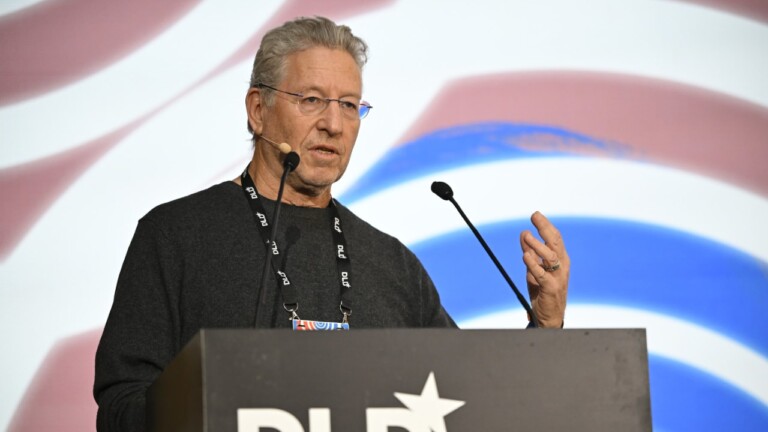Generative AI promises to reinvent education in the digital age yet again. In this DLD25 session, moderated by Katja Speck (VisualVest) brings together three leading experts in the field for a powerful reminder that creativity, trust, and innovation are essential to reimagining how we teach and learn in the 21st century.
Maggie Grout, the founder of Thinking Huts, shares her inspiring journey of using 3D printing to build schools in underserved communities. “We’re able to reduce the overall construction time”, she says, while “thoughtfully incorporating innovation to create jobs for local artisans.” Grout’s vision is to bridge the educational divide by providing infrastructure that empowers communities to access opportunities.
Esther Wojcicki, a celebrated educator and author, introduces her T.R.I.C.K. philosophy, an acronym for Trust, Respect, Independence, Collaboration, and Kindness. “When you trust a student, and a person in a position of responsibility trusts a student, that student feels more important. They believe in themselves, they start to trust their own instincts,” she explained.
Wojcicki’s approach, which she implemented in her journalism classes at Palo Alto High School, empowers students to take charge of their learning, fostering critical thinking and self-confidence. She also highlights the cultural barriers teachers face in adopting this model, noting that traditional systems often prioritize authority over collaboration.
Ronit Levavi Morad, Senior Director at Google Research, highlights the transformative potential of AI in education. She shares her work on programs like Mind the Gap, which inspires young women to pursue STEM careers, and Hello Tech, an initiative aimed at promoting AI literacy.
“AI is like a super fast train to the future,” she notes. “Our future is being shaped by AI as we speak.” That’s why Hello Tech, which started in Israel, is expanding rapidly and aims to give a “ticket to this train, to the future, for everyone and everywhere”, Morad adds.
Watch the video to hear why the panelists agree that AI is not a threat to education but a tool that can enhance it, and what they expect as a call-to-action from leaders in politics and society.






